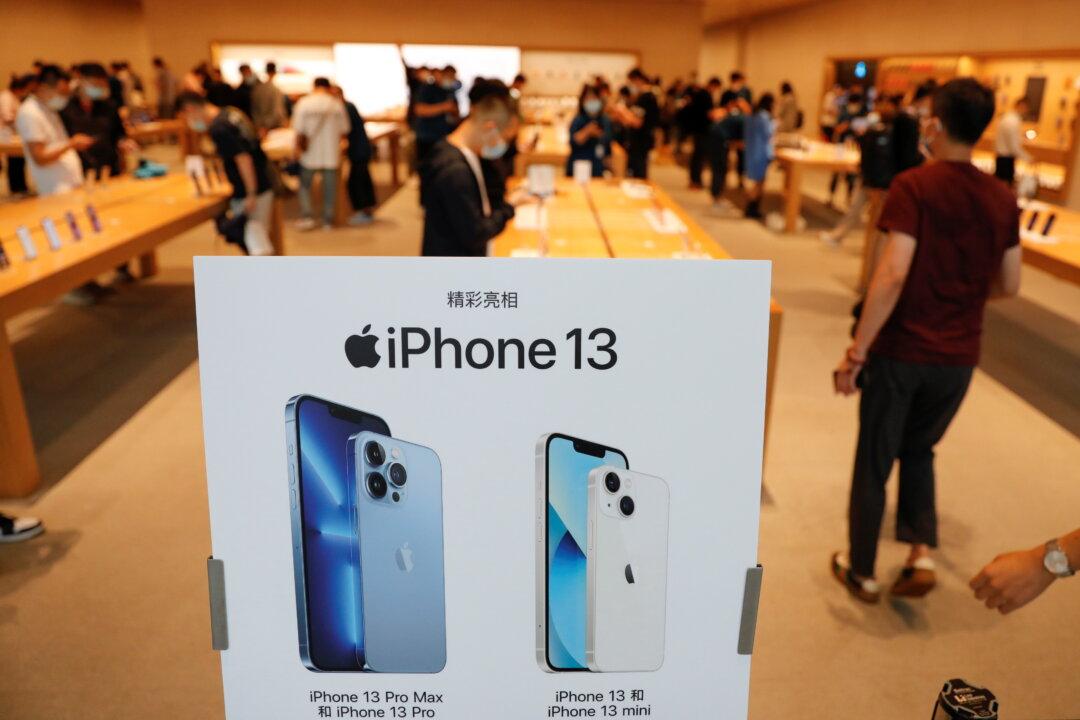News Analysis
The net profit of one of the leading Apple suppliers has fallen sharply compared to last year. AAC Acoustic Technologies Holdings Inc. (AAC), a top Apple supplier in China, released its third-quarter (Q3) profit forecast for 2021, showing its Q3 consolidated net profit is expected to fall by 51 to 61 percent. AAC was once one of the most profitable companies in Apple’s supply chain with profit margins second only to Taiwan Semiconductor Manufacturing Company (TSMC), the world’s largest chip foundry.





